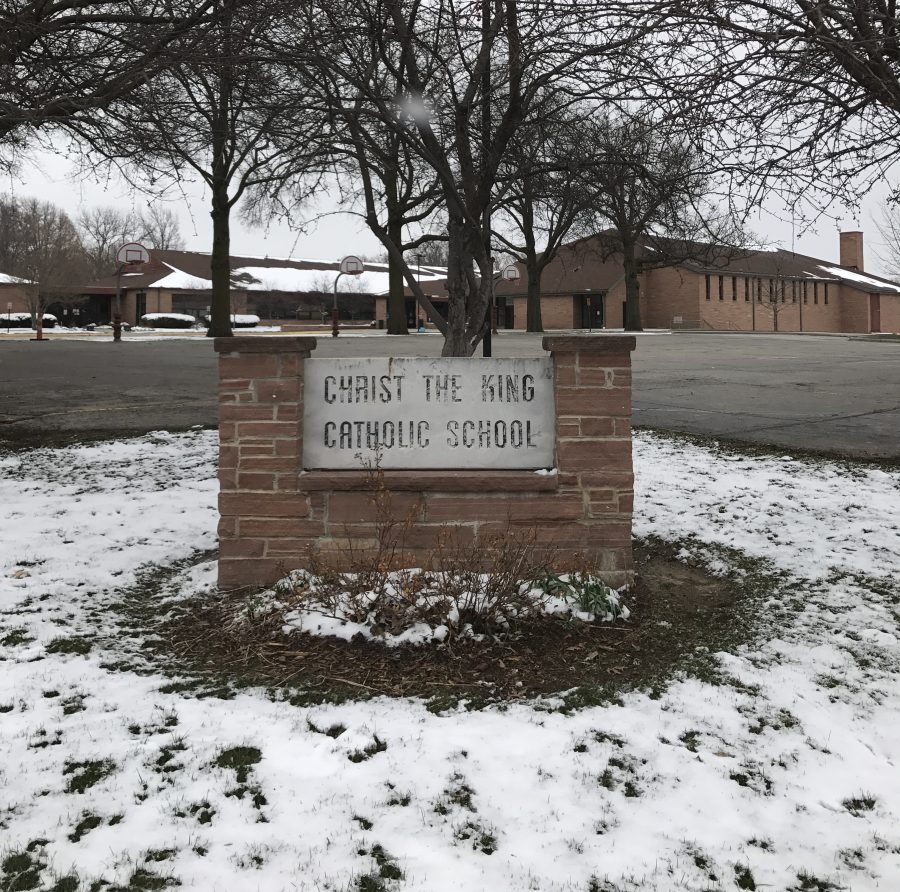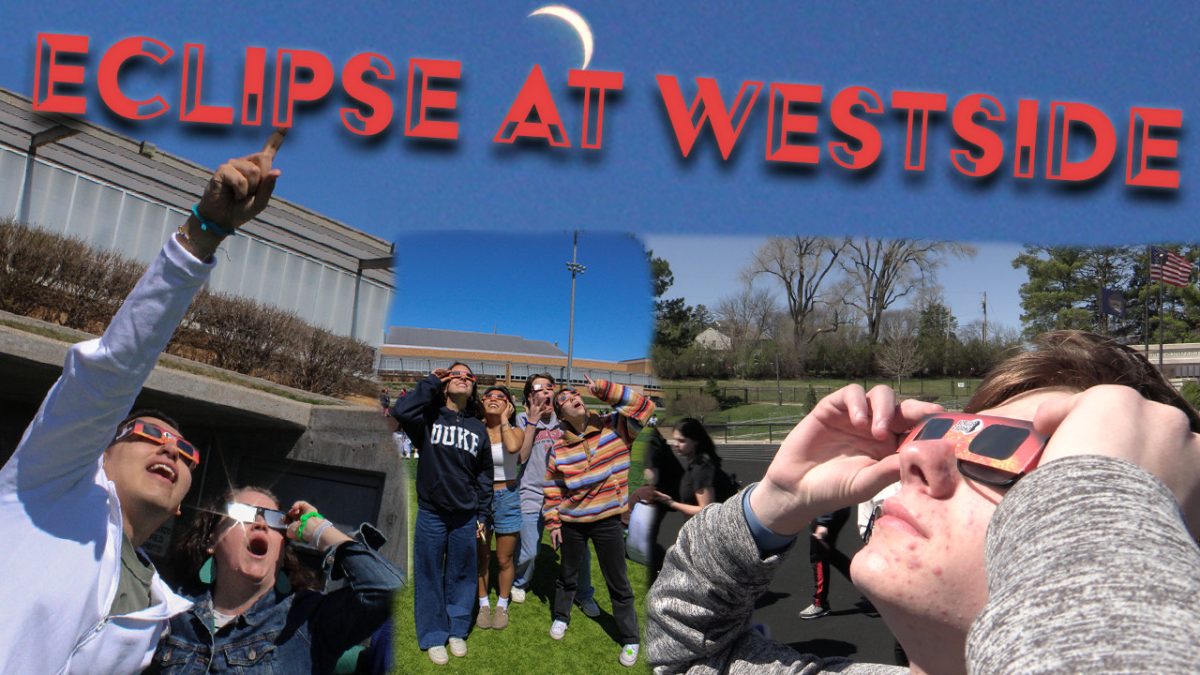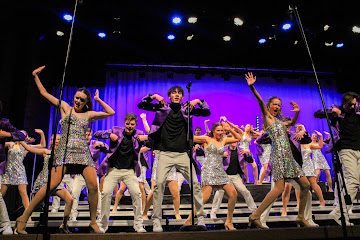A newly proposed bill, LB 295, would seek to provide lower income families with the option of sending their children to private schools using different scholarships. According to the Omaha World Herald, it was brought to attention by state senator Jim Smith. It has sparked controversy within Nebraska and due to the controversy there seems to be two distinct viewpoints surrounding it.
Supporters have encouraged the primary ideas of the bill; how it would form scholarship tax credits that would give lower income families a broader choice in where they send their children to school, specifically to private schools. Another point brought up is that the bill would slightly lessen the amount of students enrolled in public schools, therefore saving the state money.
Others that are against the idea of the bill being passed, believe that it would ultimately give wealthy individuals a tax break and would also be detrimental to the Nebraska state budget. It has also been expressed that the bill would decrease the funding that goes towards public schools; which could potentially jeopardize several aspects of public schools.
Michael Ashton, superintendent of Catholic schools in Omaha, believes that allowing students to have a choice in where they attend school is ideal.
“The Catholic Church is driven by a statement of the parent being the central leader in the student’s education,” Ashton said. “People that are in urban areas and are distressed financially, they don’t have the same level of choice [as financially stable families] and that’s where LB 295 steps in and tries to level that and give those people as much choice as others.”
Ashton feels as though the bill would not forcefully impact Catholic schools located in Omaha.
“[The bill] would affect the [Catholic schools] in a very small way.” Ashton said. “More families would receive tuition assistance, some families that are anywhere between the zero income line and the double the poverty rate line—any family in that category would be eligible to receive scholarship money, tuition money, from a granting organization.”
Even though Ashton thinks the impacts would be small by granting organizations providing scholarship money, Ashton has confidence that it will help several families.
“The bill tries to direct private money toward those scholarship organizations,” Ashton said. “But again, at this point, when it’s become negotiated down to such a small amount; it would maybe impact [around] anywhere from twenty to eighty families per year.”
Ashton explains how the symbolic meaning behind the bill outweighs the impact it could have.
“So again, the impacts are small, but the statement it makes that Nebraskans are trying to help those in poverty and working class families have choice; that’s a big thing.” Ashton said.
Westside school board member Beth Morrissette believes that the bill would not be saving the state any money.
“I believe that the philosophy behind the bill is very flawed; it assumes that it’s going to save dollars for public education because public education is one of the higher budget areas of the state budget,” Morrissette said. “It believes that if you end up having enough children moving to a private school, then those dollars would go to the private school—but the truth is that we’re talking about a small enough number of children that would go to a private school; that doesn’t reduce the number of teachers you need, it doesn’t reduce the number of janitor staff you need, it doesn’t reduce how many days [the school] is open, it doesn’t reduce any of the fixed costs we have when operating that school.”
Morrissette reflects on how public schools hold a wide range of students, each individual possessing unique needs, which is a factor needing increased funding compared to private schools.
“There are great private schools, but private schools can choose who they take, whereas public schools, we work with the entire spectrum of student needs; but private schools don’t have to,” Morrissette said. “But sometimes [private schools] do have students who need special education, but it’s the public schools that come into the private schools and provide that special education service.”
Morrissette believes that private schools depend on public schools for certain needs, which counteracts the idea of LB 295.
“There’s still a lot that private schools rely on from public education; so moving the dollars doesn’t really get to the philosophy, in my opinion, that’s being sold under 295,” Morrissette said.
Understanding the possible outcomes that would occur if the bill were to be passed, Morrissette feels as though there would be a negative impact from the bill.
“The other thing that’s important to note is that we have in the state constitution that the state is responsible for public education and educating children,” Morrissette said. “And [the bill] would create a negative impact or it would take away that responsibility by shifting that money to private schools.”








